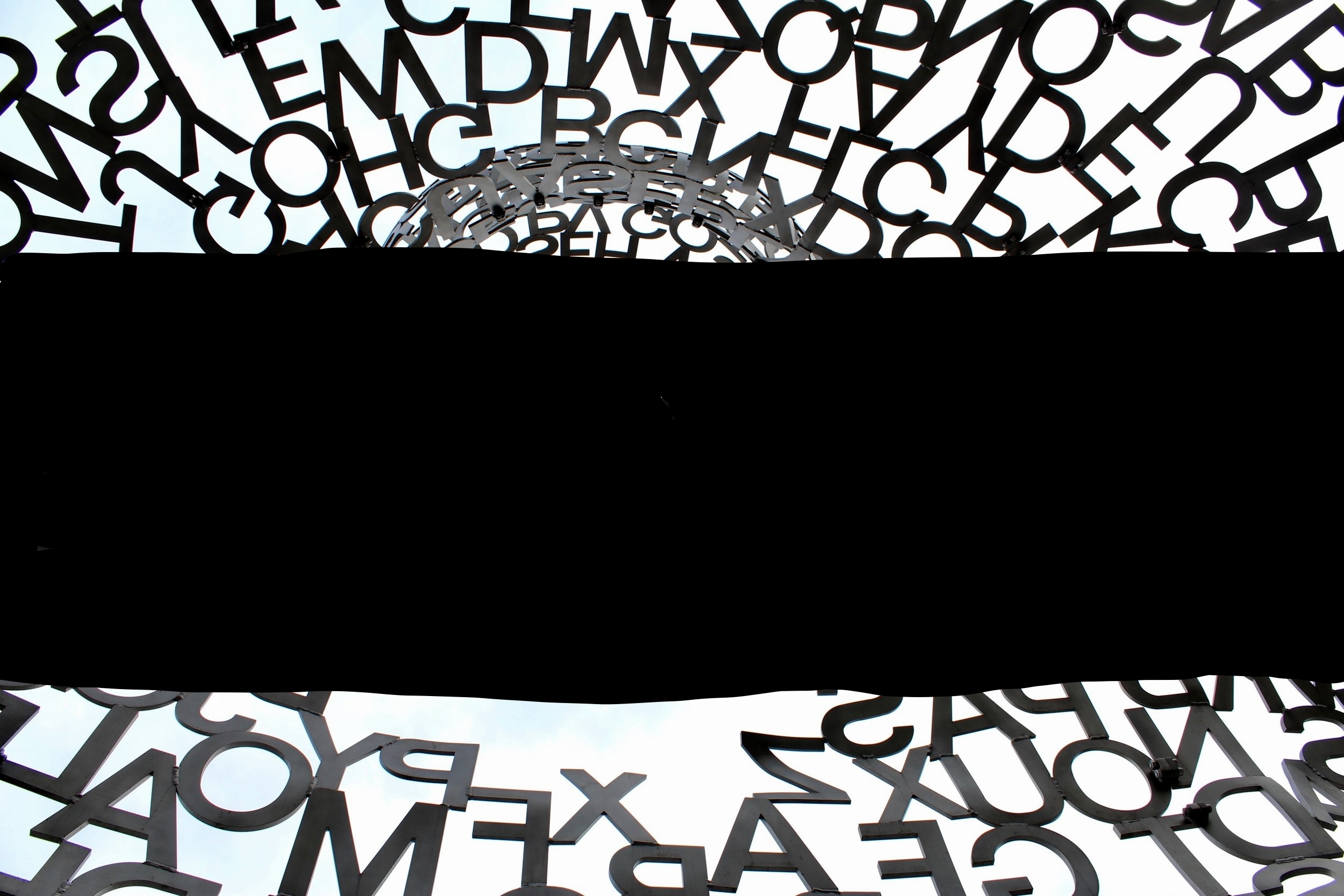Tag: classroom
-

Ideologies of Language and the Beginning Language Class: Part 2
Last week, I discussed several popular methods of organizing beginning language classes under the overarching critique of focusing on either decontextualized sets of language or prioritizing transactions over social relationships. This week, I’m focusing on what I am interested in implementing in my classroom, drawing from both functional theories of language and translanguaging pedagogy. Language…
-

Ideologies of Language and the Beginning Language Class: Part 1
Last week, I talked about how the language of social relationships is often overlooked in beginning language classes, and I think this is one reason students use English. As language teachers, I think we tend to view beginning language classes as the start of a language learning journey, or a step to more advanced classes…
-

Translanguaging Pedagogy: Recognizing social practices in the classroom
In my last post, I discussed some practices where I think translanguaging pedagogy simply gives us a new mindset on practices that already occur in the language classroom (or at least in my classroom). In this post, I want to focus on an area of the language classroom where I think we could be more…
-

Translanguaging Pedagogy in the Language Classroom: A New Mindset?
As is most likely clear from previous posts on nation-state ideologies of language and the multilingual turn, I find the latter a more appealing ideology for my language classroom, especially when combined with functional approaches to linguistics, that emphasize what learners do with language in actual contexts. Yet, as usual, the challenge for combining theory…
-
What is language? The Multilingual Turn and Translanguaging Pedagogy
The “Multilingual Turn” is a term used to critique the monolingual ideologies originating in the nation-state that have dominated research in Applied Linguistics and Second Language Acquisition in the U.S. Although multilingual ideologies of language have long existed in highly multilingual contexts, they have recently gained traction in critiques of the fields of Second Language…
-
What is language? Functional theories
Like formal theories of language, functional theories of language come from the field of linguistics, although this type of linguistics is less commonly found in the U.S.. The type of functional linguistics I am most familiar with is Systemic Functional Linguistics, based on the work of Michael Halliday, and practiced predominantly in Australia. While I…
-
What is language? Formal theories
The term formal theories of language usually refers to linguistic theories that stem from the work of Noam Chomsky on Universal Grammar, or the idea that there is an innate language mechanism in humans that allows us to learn and use language. These theories are are also referred to as generative grammar, and are prominent…
-
What is language? Folklinguistic theories
Last week, I described the nation state ideology of language, and its implications for language teaching. This week, I’m discussing folklinguistic theories of language, and their implications for language learning and teaching. Generally, “folklinguistic” theories, or the general population’s beliefs about language, are contrasted with “linguistic” theories developed via the scientific study of language, or…
-
What is language? The nation state ideology
In my quest to make language and intercultural learning better, I sometimes feel that just when I start to understand one piece of the puzzle, I discover that the puzzle is in fact much larger than I thought. Recently, I have been researching ideologies of study abroad, which led me to think about ideologies for…